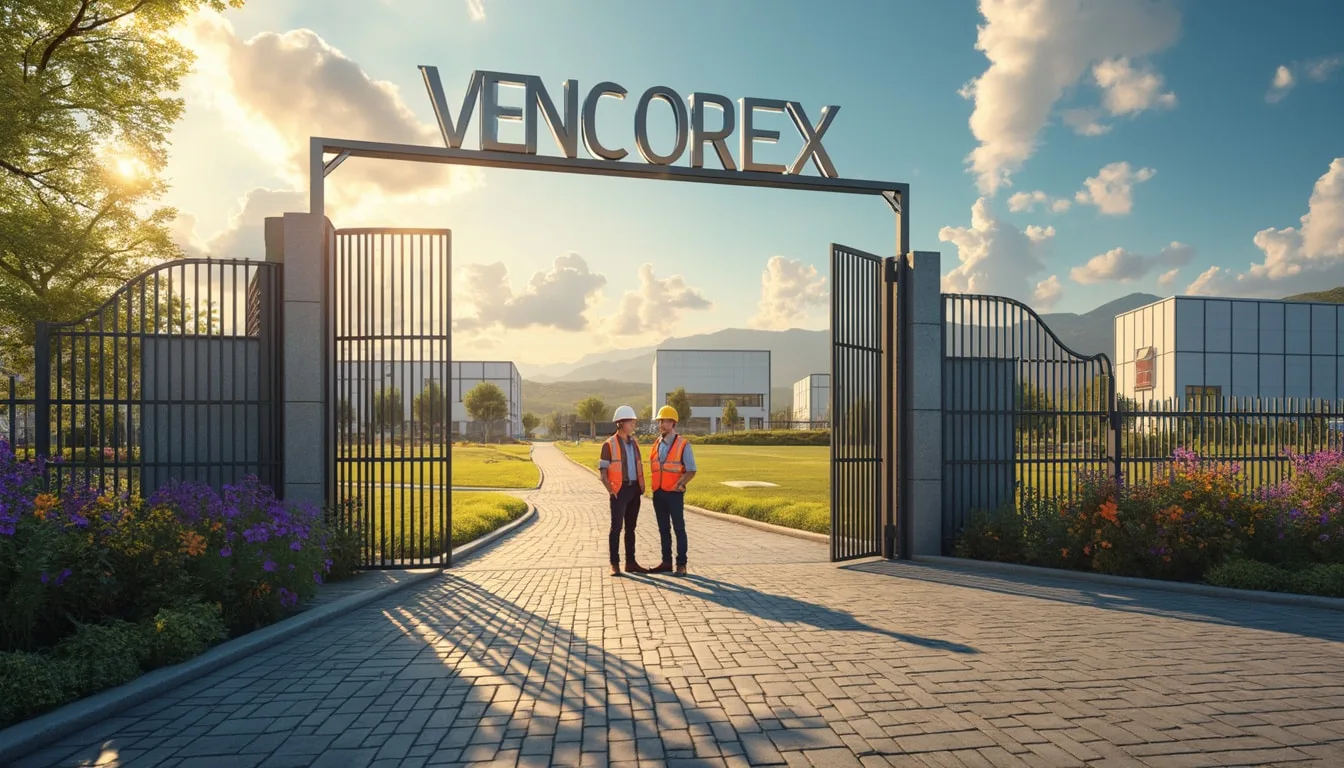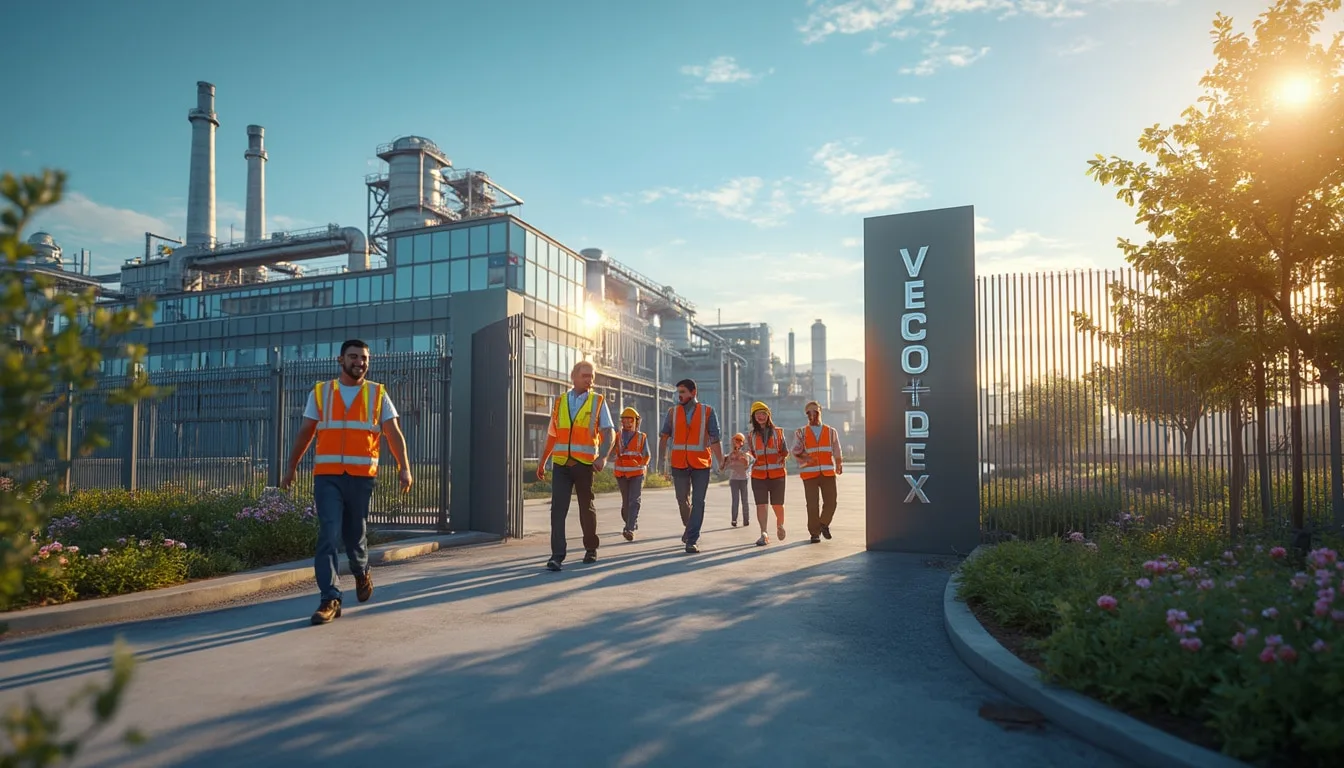The Vencorex chemical site, located south of Grenoble, is coming back to life after two months of interruption due to a strike. The signing of an agreement between the unions and management marks the end of the blockade that had paralyzed the platform and affected the supply chain, notably with the closure of the ethylene pipeline valve. This resumption will allow the downstream facilities to restart and gives hope to the many employees affected by the job protection plan, while concerns still loom over the industrial future of the region.
After two months of strike, all the unions of Vencorex, located south of Grenoble, signed an agreement ending the social movement. The blockade of the platform, essential for the supply of ethylene, disrupted the activities of several factories, including those of Ineos and KemOne, also causing partial unemployment for 200 employees. The agreement allows work to resume and the reopening of the crucial pipeline valve. However, the situation remains concerning for the future, as fears of a domino effect threaten the local chemical ecosystem. In response, initiatives, such as the temporary nationalization suggested by Christophe Ferrari, are being considered.

Table des matières
Toggleimpact of the resolution of the conflict on the chemical industry
After two months of prolonged strike, the return to normalcy at the Vencorex factory has sparked a wave of relief among supply chain players. Located in the south of Grenoble, this industrial platform plays a crucial role in the delivery of ethylene to several key industrial destinations. The blockade of this nerve center caused significant disruptions, creating a domino effect that reverberated all the way to Moselle.
The partial unemployment imposed on the 200 employees at the Ineos site in Sarralbe underscores the extent of the local and international repercussions of the Vencorex conflict. The reopening of the valve of the Transalpes pipe is thus a major event, beyond its immediate economic impact. Statements from political officials, such as those from Marc Ferracci, the Minister of Industry, highlight the profound significance of this agreement for the stability of the chemical sector in the region.
the stakes of the resumption at Vencorex
Although the end of the strike heralds the resumption of work, the challenges do not stop there. The Vencorex factory, owned by the Thai group PTT GC, is still facing the consequences of a judicial recovery. With a single takeover offer from the Chinese group Wanhua—a competitor—and the security of only 54 out of 450 positions, the future of the site is at stake. The payment of a higher legal indemnity of 40,000 euros for each threatened job highlights the seriousness of the economic situation.
potential domino effect on the regional economy
The fear of a domino effect following the potential collapse of the Vencorex factory in the region deeply concerns local authorities. The president of the Grenoble Metropolis, Christophe Ferrari, even advocates for a temporary nationalization of the factory as an emergency solution. With a genuine interest in preserving 6,000 direct and indirect jobs, the question of state intervention is a source of intense debate even at the French government level. Nevertheless, collective efforts to resolve the crisis symbolize a common strength to maintain the economic fabric of the region.





